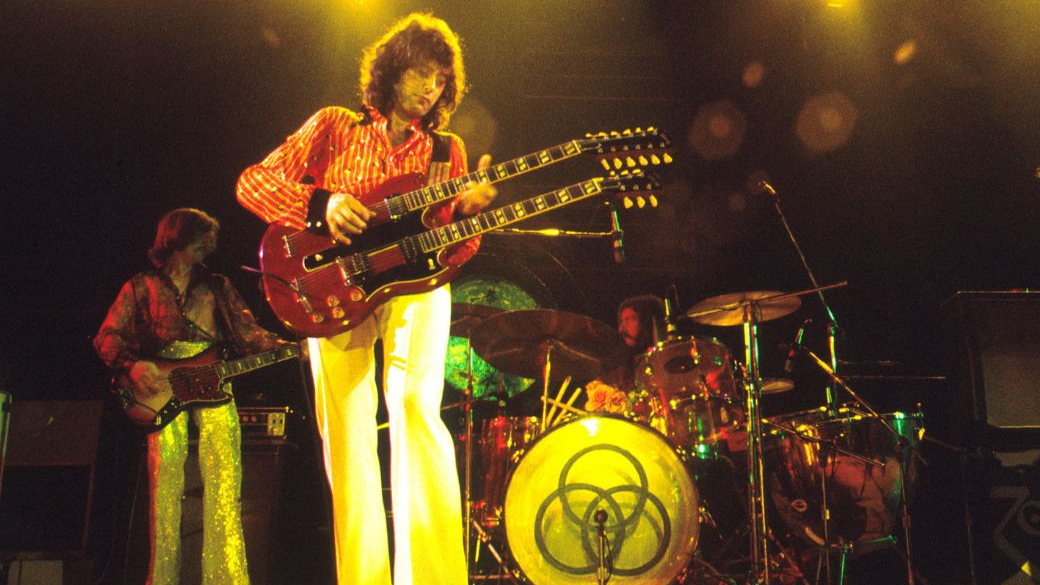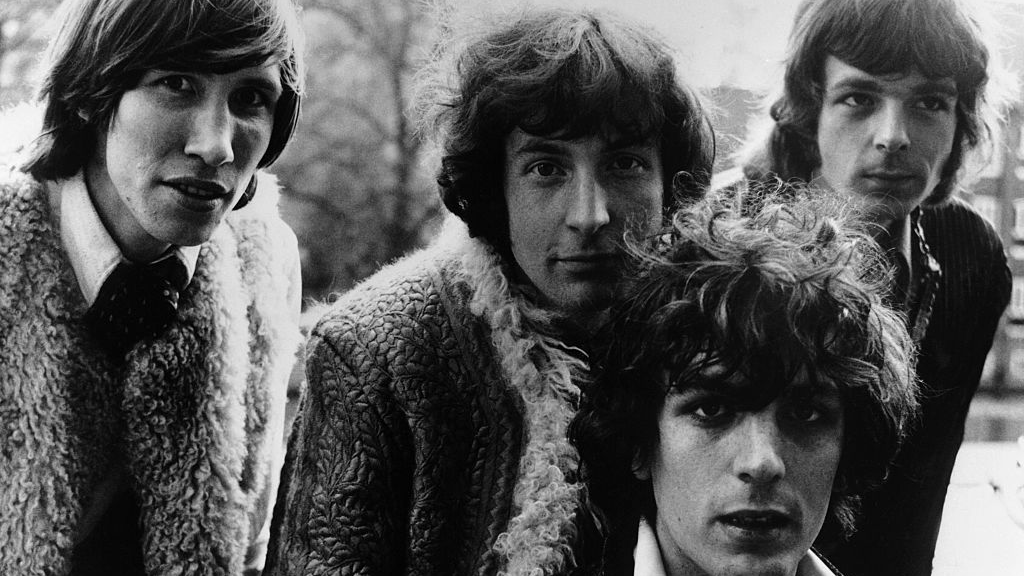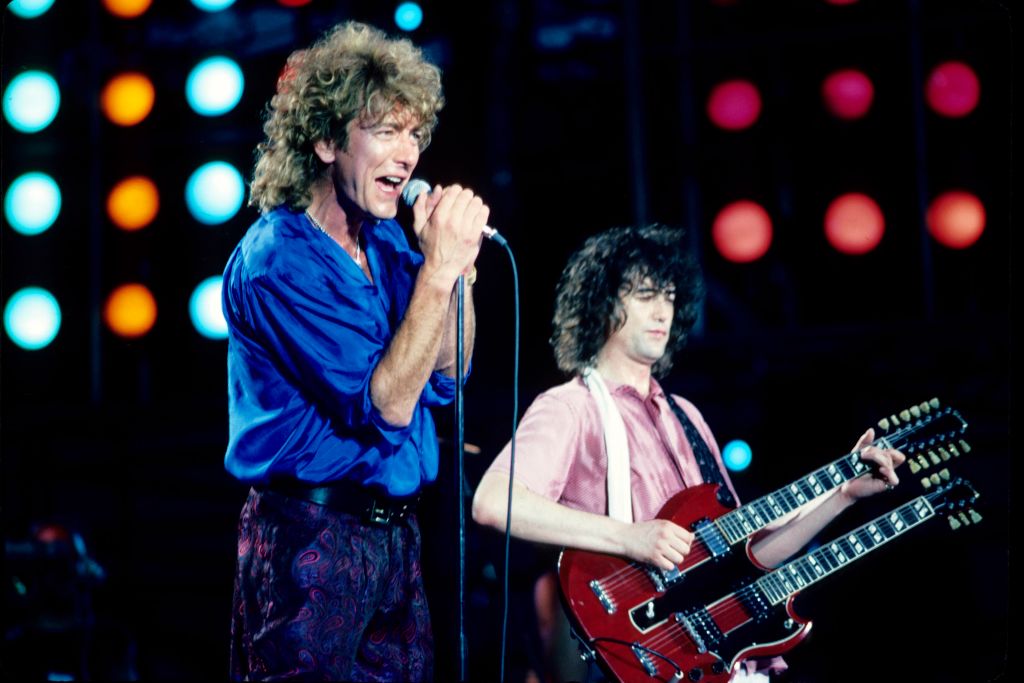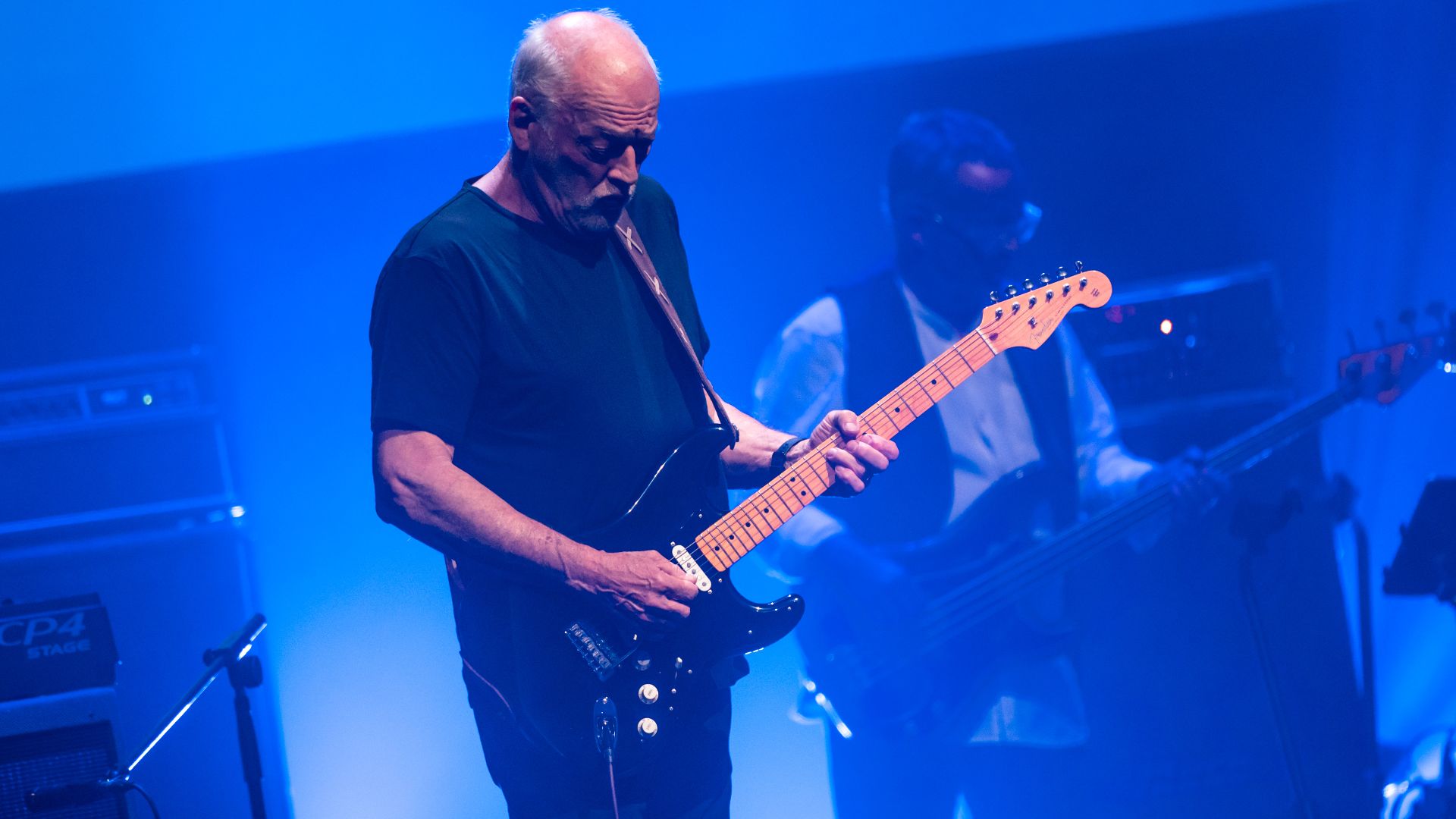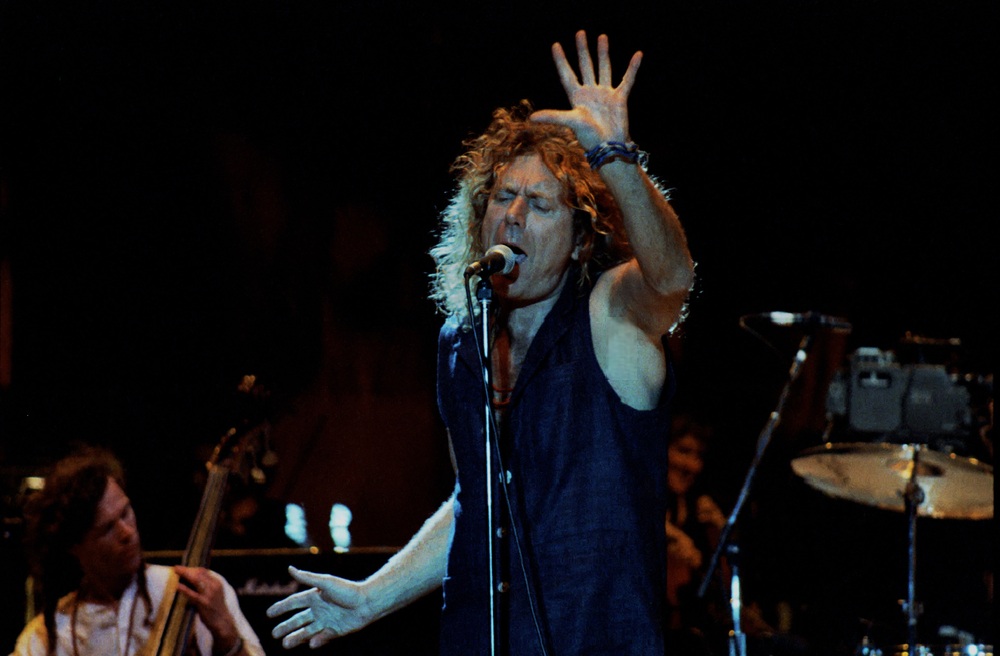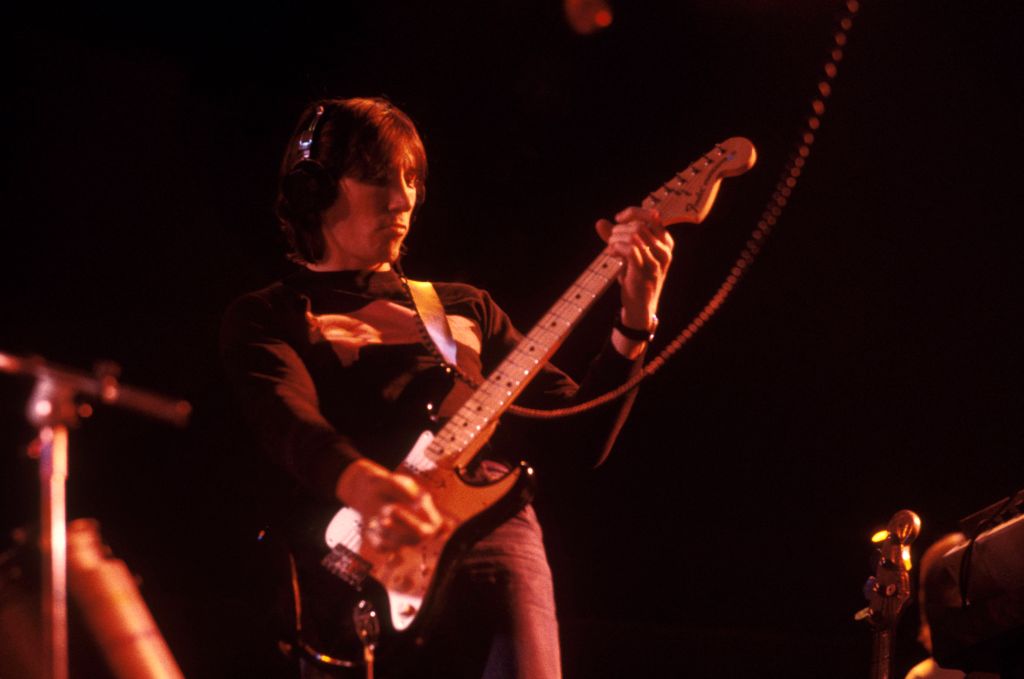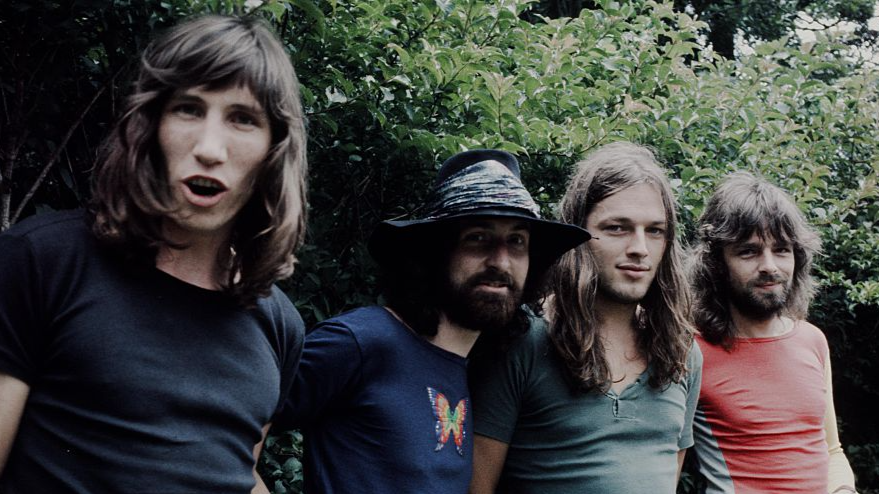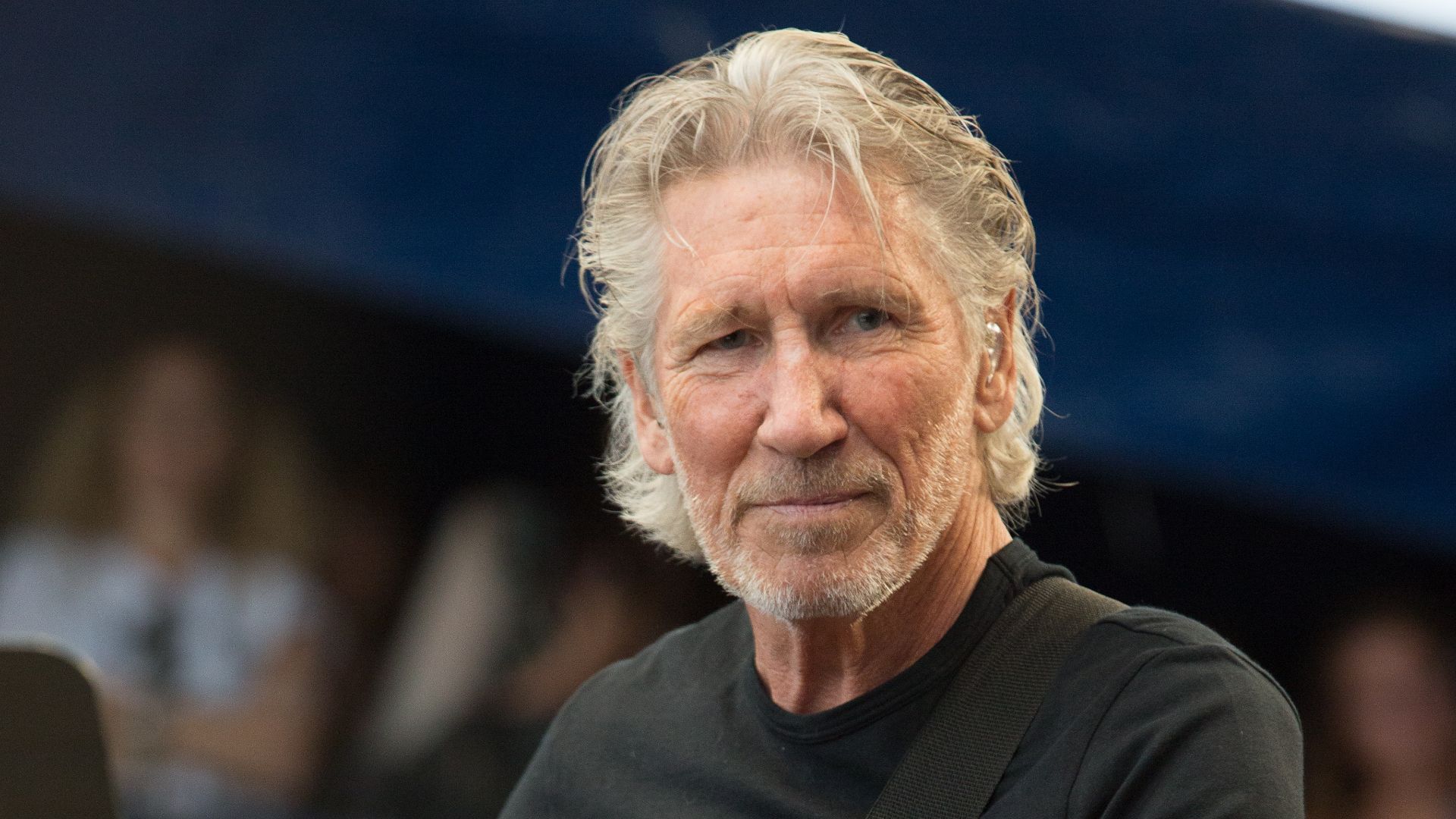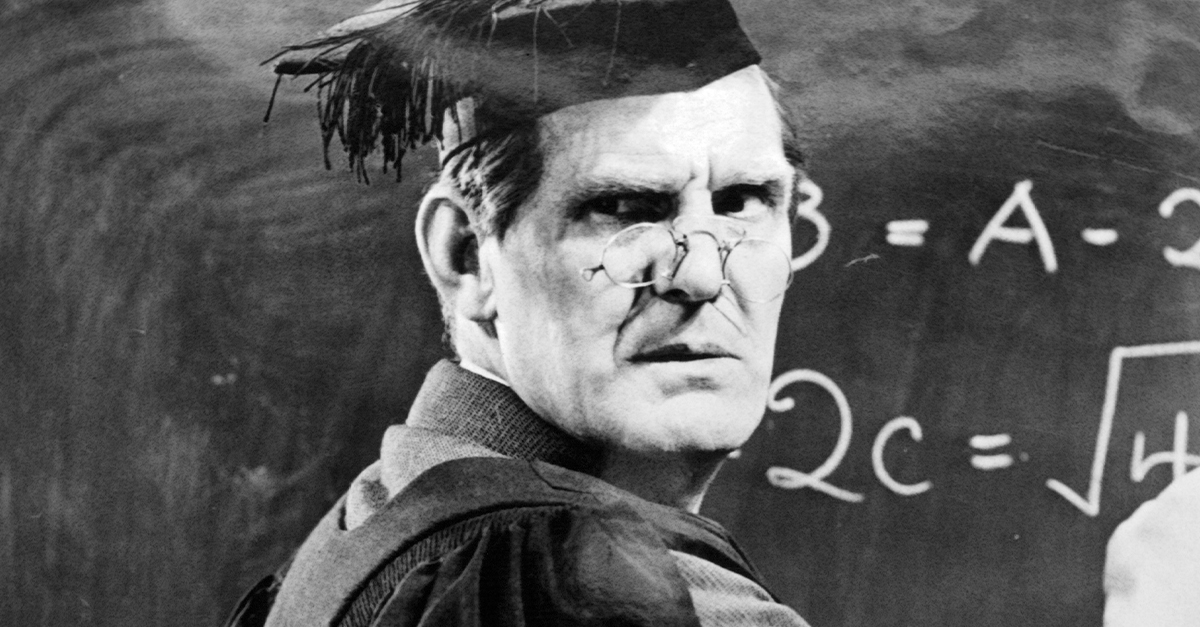The Showdown
Pink Floyd and Led Zeppelin didn’t just dominate rock—they practically became rival belief systems. One band sends you spiraling into your own brain; the other makes you feel like you could lift a car with your bare hands. Rock fans have argued for half a century about which truly ruled rock. Today, we’re choosing winners—no fence-sitting allowed.
Pink Floyd’s Atmosphere Was Untouchable (Winner: Pink Floyd)
If vibes were a competitive sport, Pink Floyd would get banned for unfair advantage. Brian Eno once called them “the masters of the extended moment,” which is the classiest way to say they made the ultimate stare-at-the-ceiling music. Zeppelin didn’t stand a psychedelic chance here.
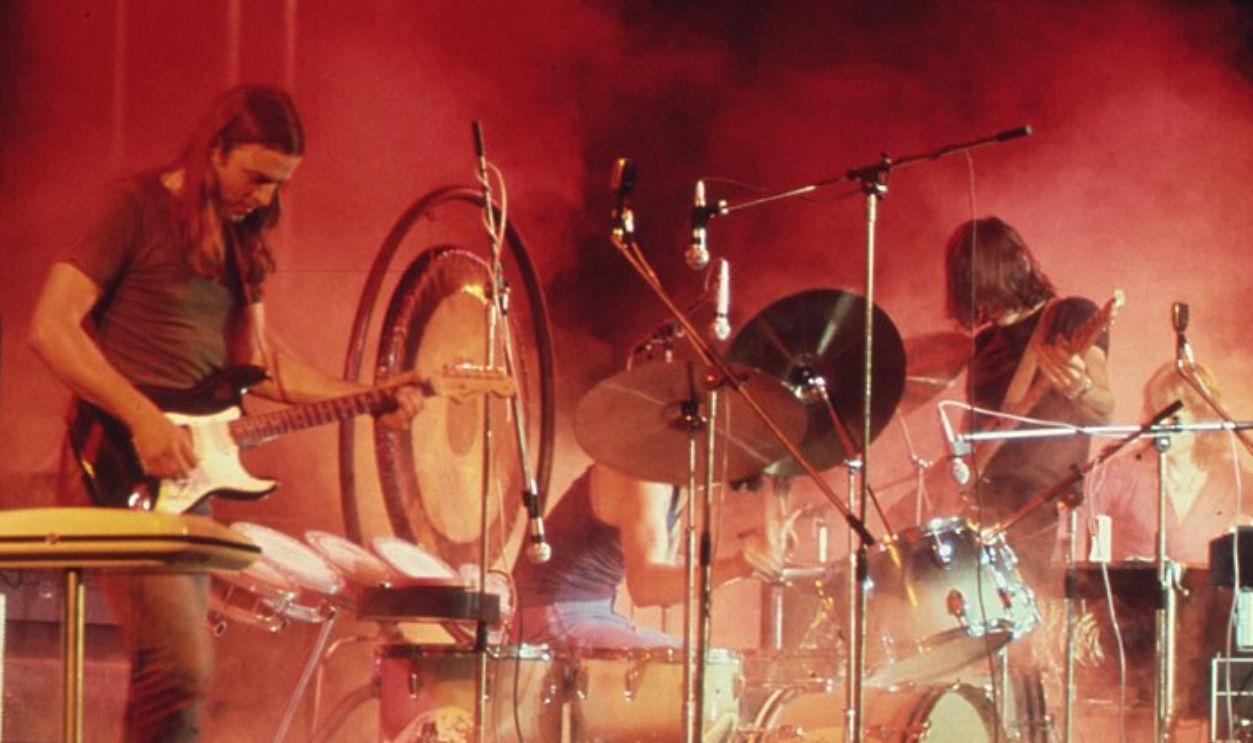 Erik Calonius, Wikimedia Commons
Erik Calonius, Wikimedia Commons
Led Zeppelin’s Power Was Overwhelming (Winner: Led Zeppelin)
Zeppelin never tiptoed—they barged in like a riff-wielding Kool-Aid Man. Dave Grohl said Bonham sounded like “a giant falling down stairs forever,” and somehow that’s perfect. If rock had weight classes, Zeppelin would’ve been heavyweight champs for two decades. Category demolished.
The Concept Album Revolution (Winner: Pink Floyd)
The Dark Side of the Moon didn’t stay on the charts for over 1,000 weeks by accident—it basically took out a mortgage. Pink Floyd turned albums into emotional theme parks. Zeppelin made great records, sure, but they never built anything this narratively wild. Floyd walked so prog could run (slowly, in 7/8 time).
The Rock Album Blueprint (Winner: Led Zeppelin)
Jimmy Page said they wanted “light and shade,” which is musician-speak for: we make the rules here. Physical Graffiti alone could teach an entire semester. Floyd painted murals; Zeppelin built the structure of rock itself. Every garage band since 1970 owes these guys royalties.
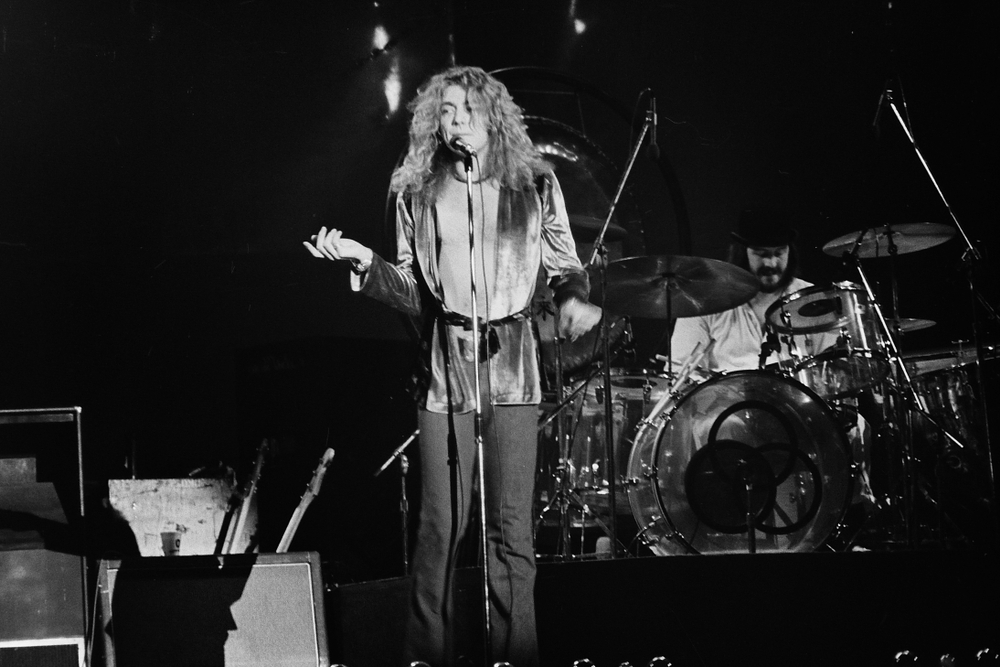 Bruce Alan Bennett, Shutterstock
Bruce Alan Bennett, Shutterstock
Album-to-Album Consistency (Winner: Pink Floyd)
Floyd’s classic run from Meddle through The Wall is absurdly consistent—like they refused to release anything less than brilliant. Even their experiments feel intentional. Zeppelin had skyscraper peaks, but also dips (Presence definitely exists). In terms of reliability album-to-album, Floyd gets the nod.
Peak Album vs. Peak Album (Winner: Split Decision)
Stack The Dark Side of the Moon against Led Zeppelin IV and your brain might actually short-circuit. One is the ultimate concept masterpiece; the other is the greatest hard-rock statement ever pressed. It’s cosmic introspection vs. hammer-of-the-gods power. Impossible to crown.
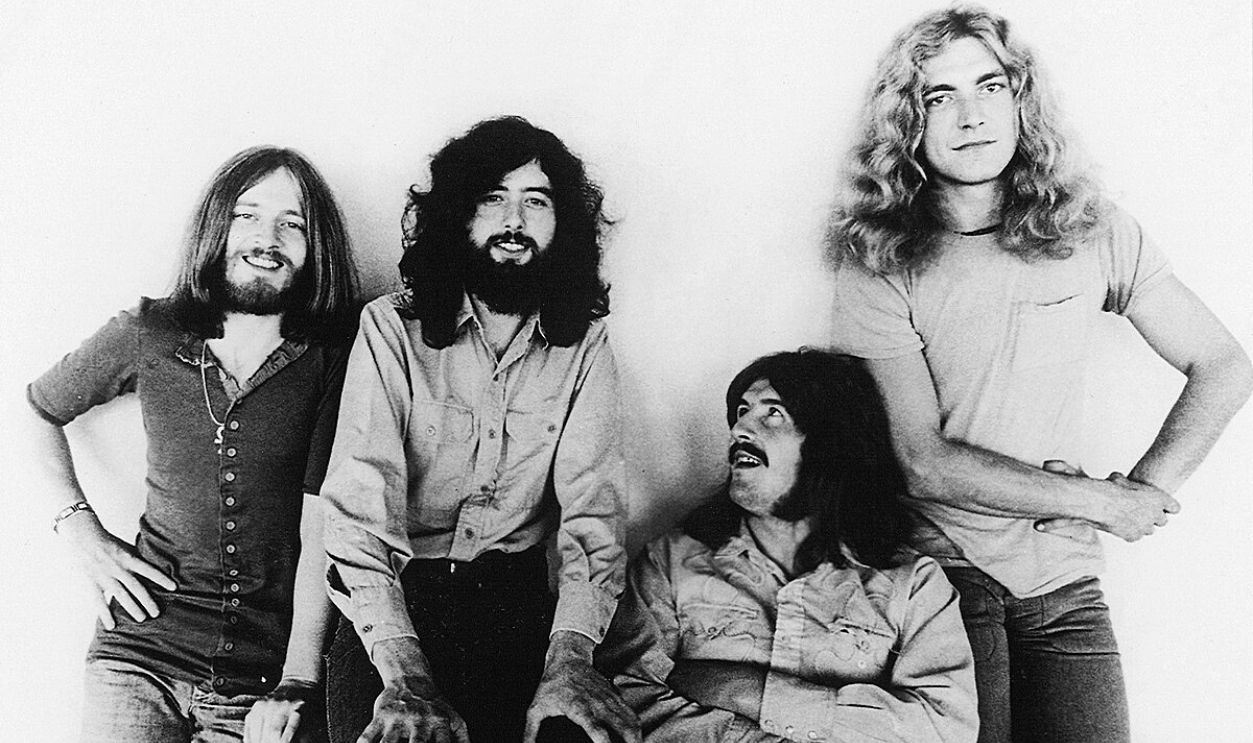 Atlantic Records, Wikimedia Commons
Atlantic Records, Wikimedia Commons
Waters’ Lyrics vs. Plant’s Lyrics (Winner: Pink Floyd)
Roger Waters wrote like he was trying to win an argument with the universe. Thom Yorke said Floyd shaped his emotional vocabulary. Plant was mythic and iconic, but Waters unpacked childhood trauma like a diary left on a city bus. Lyrically, Floyd wins comfortably.
 Alterna2 http://www.alterna2.com, Wikimedia Commons
Alterna2 http://www.alterna2.com, Wikimedia Commons
Iconic Rock Vocal Power (Winner: Led Zeppelin)
Freddie Mercury—arguably the gold standard—called Robert Plant “the greatest rock voice of all.” Plant had range, power, mystique, and a howl that could summon weather. Floyd’s vocals were atmospheric, but nobody strained a vocal cord trying to imitate Roger Waters. Zeppelin wins easily.
 Watal Asanuma/Shinko Music, Getty Images
Watal Asanuma/Shinko Music, Getty Images
Musical Virtuosity (Winner: Led Zeppelin)
Page’s guitar wizardry, Jones’ multi-instrumental genius, Bonham’s thunder, and Plant’s vocal acrobatics give Zeppelin one of the most technically intimidating lineups ever assembled. Floyd’s strength was mood and emotion—not virtuosity. On pure technical skill, Zeppelin takes the trophy.
Gilmour’s Solos vs. Page’s Riffs (Winner: Tie)
David Gilmour bent notes like he was trying to make them weep. Jimmy Page wrote riffs so iconic even non-guitarists recognize them instantly. It's sunrise vs. thunderstorm—beautiful, dangerous, essential. Too different to rank. It’s a draw.
Drumming Greatness: Bonham vs. Mason (Winner: Led Zeppelin)
Neil Peart said John Bonham had “the greatest bass-drum foot ever heard,” which is the nicest thing a drummer can hear. Mason was perfect for Floyd’s mood, but Bonzo was playing in a different dimensional plane. Zeppelin wins the drum category by miles.
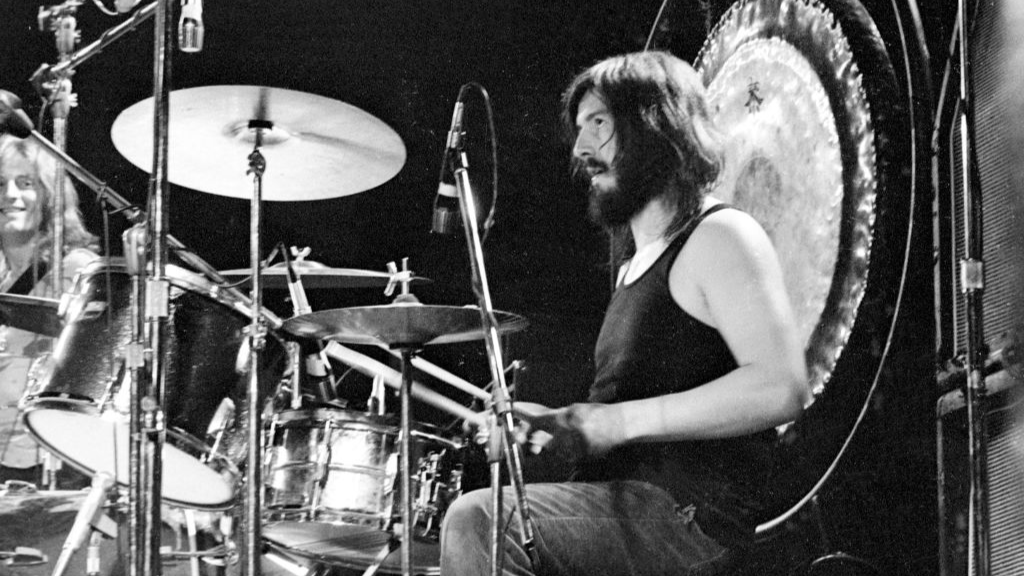 Michael Ochs Archives, Getty Images
Michael Ochs Archives, Getty Images
Studio Innovation and Sound Craft (Winner: Pink Floyd)
Floyd treated the studio like NASA. Alan Parsons helped them build entire sonic galaxies on The Dark Side of the Moon. Zeppelin? Even Page admitted the early mixes were “a bit rough.” Floyd’s albums still sound futuristic. Studio sorcery goes to Floyd.
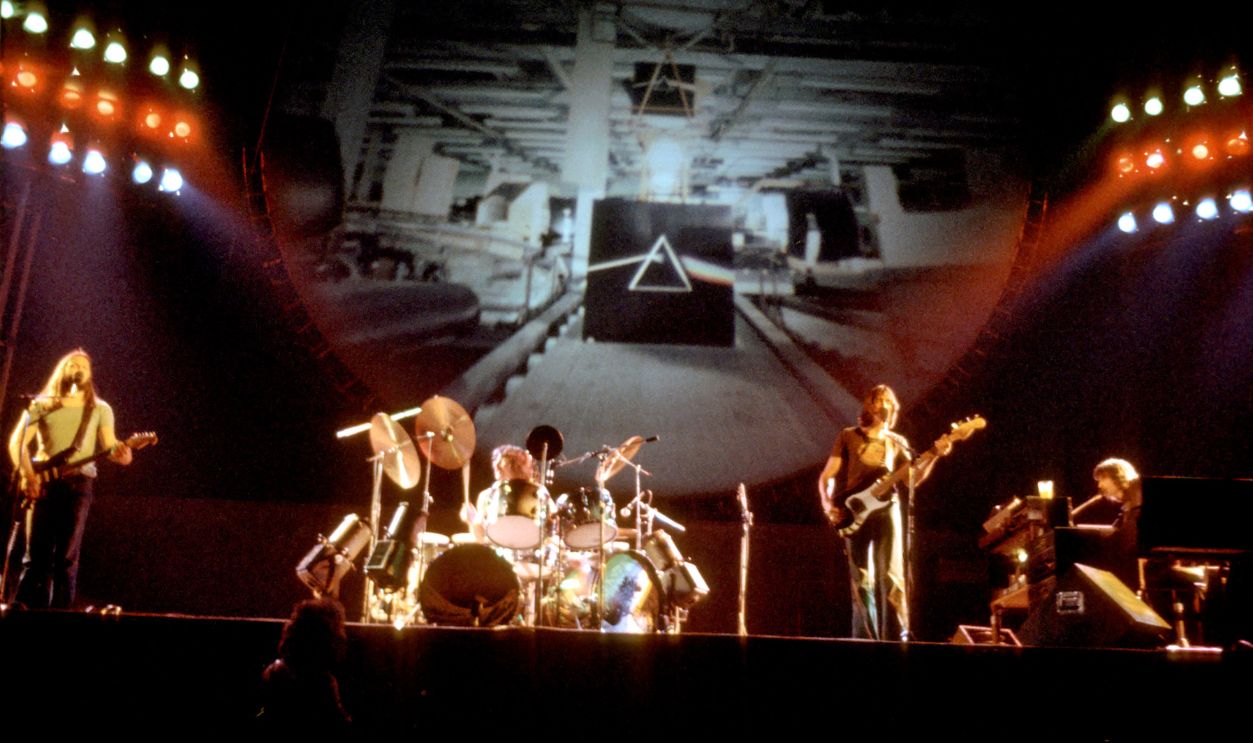 Michael Ochs Archives, Getty Images
Michael Ochs Archives, Getty Images
Genre Shape-Shifting (Winner: Led Zeppelin)
Zeppelin hopped between blues, folk, funk, and Middle Eastern scales like a band allergic to staying still. Page wanted the music to feel like “a traveling caravan”—mission accomplished. Floyd experimented too, but Zeppelin’s range was broader. Zeppelin wins.
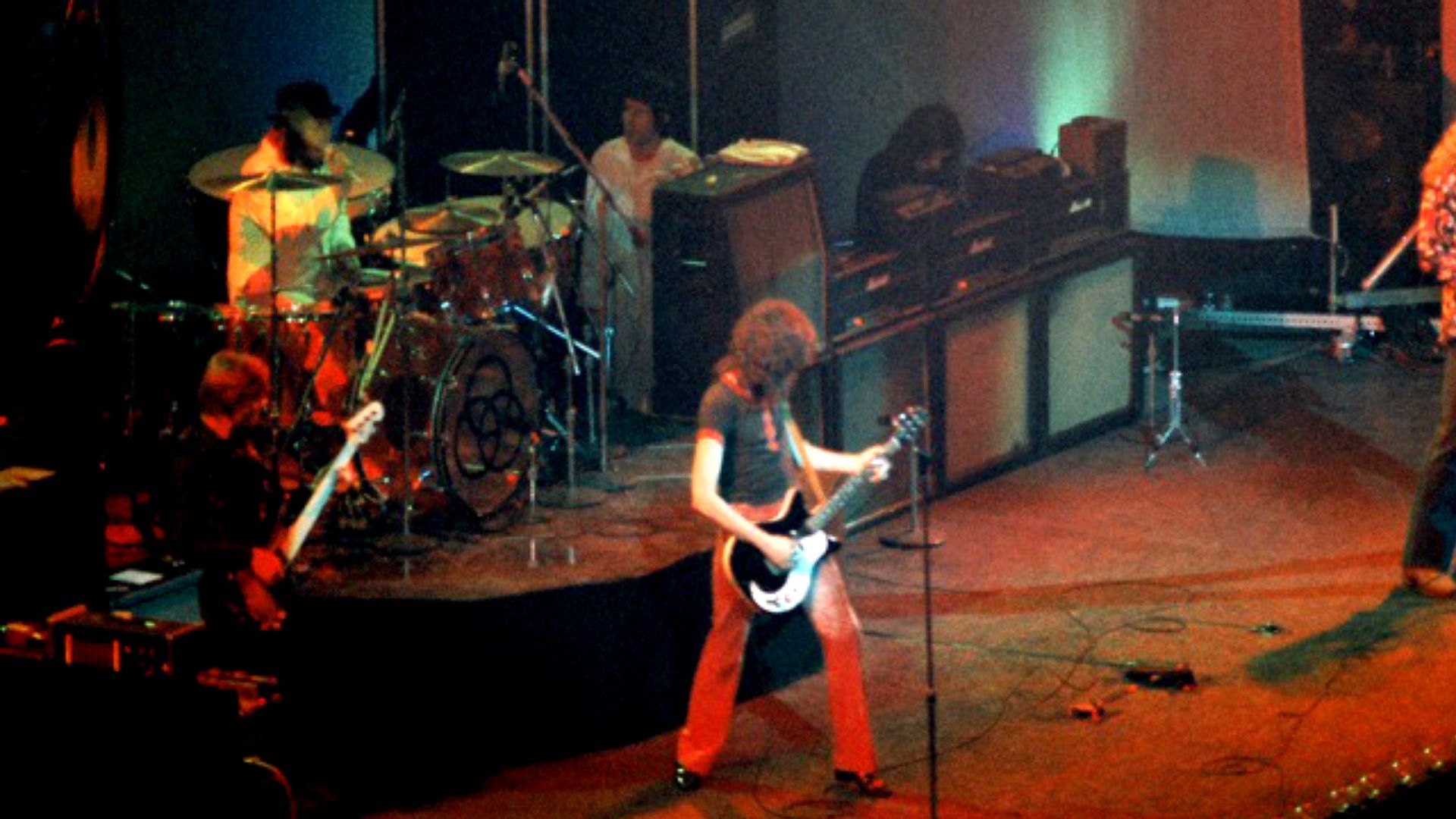 tony morelli, Wikimedia Commons
tony morelli, Wikimedia Commons
Emotional Depth vs. Emotional Impact (Winner: Pink Floyd)
If you’ve ever stared at the ceiling at 2 a.m. thinking about life, that’s a Pink Floyd moment. Wish You Were Here and Hey You still hit like emotional lightning. Zeppelin made you move; Floyd made you feel. Depth award goes to Floyd.
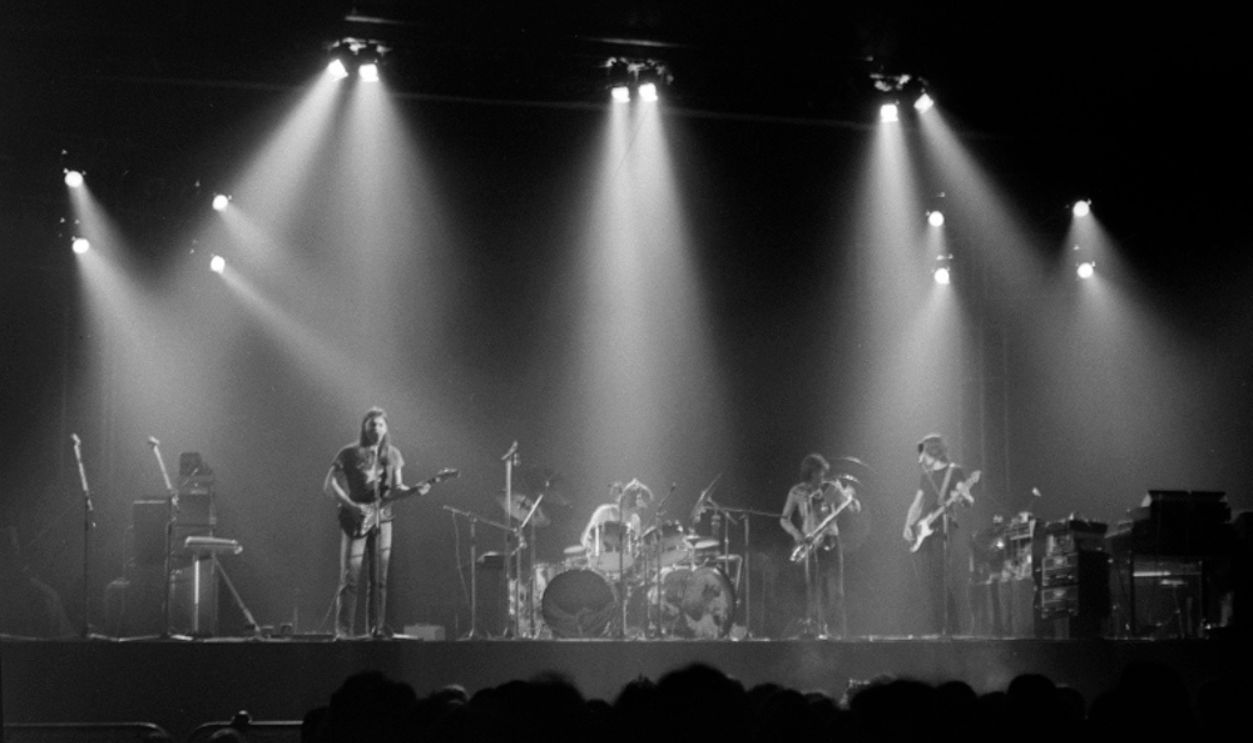 TimDuncan, CC BY 3.0, Wikimedia Commons
TimDuncan, CC BY 3.0, Wikimedia Commons
Adrenaline, Swagger, and Raw Rock Instinct (Winner: Led Zeppelin)
Immigrant Song triggers fight-or-flight. Whole Lotta Love practically invented rock attitude. Floyd aimed for introspection; Zeppelin aimed for ignition. If you want adrenaline, nobody beats Zeppelin. Easy win.
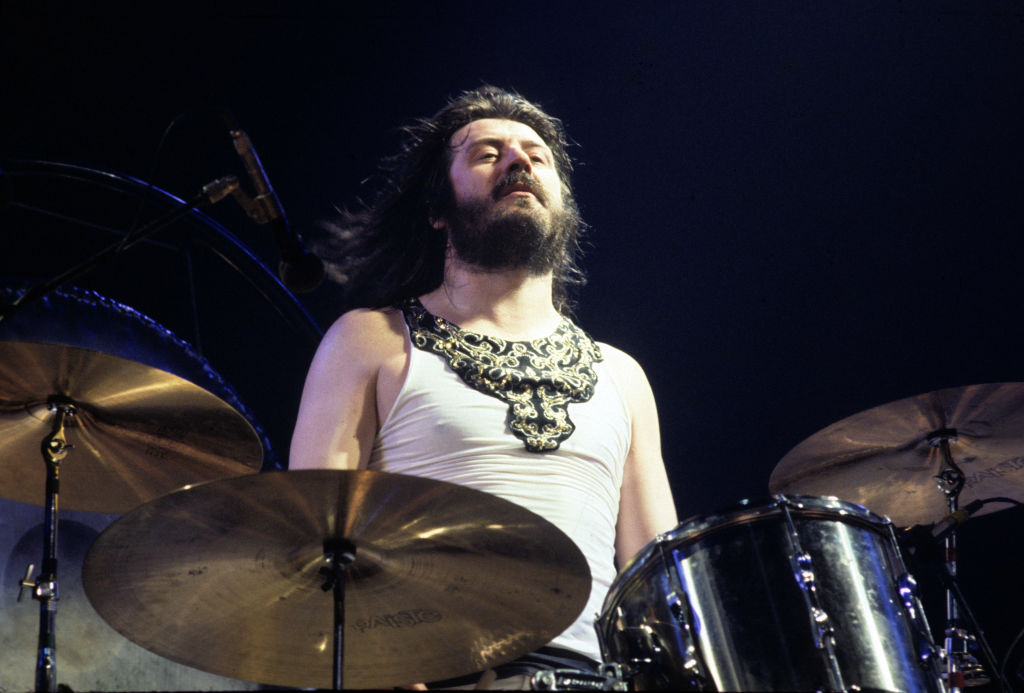 Richard E. Aaron, Getty Images
Richard E. Aaron, Getty Images
Live Shows: Innovation and Spectacle (Winner: Pink Floyd)
Floating pigs. Lasers. Quadrophonic sound. A literal brick wall built onstage. Pink Floyd didn’t perform concerts—they launched sensory assaults. U2, Coldplay, and Radiohead all borrow heavily from them. Zeppelin brought chaos; Floyd brought architecture. Spectacle crown: Floyd.
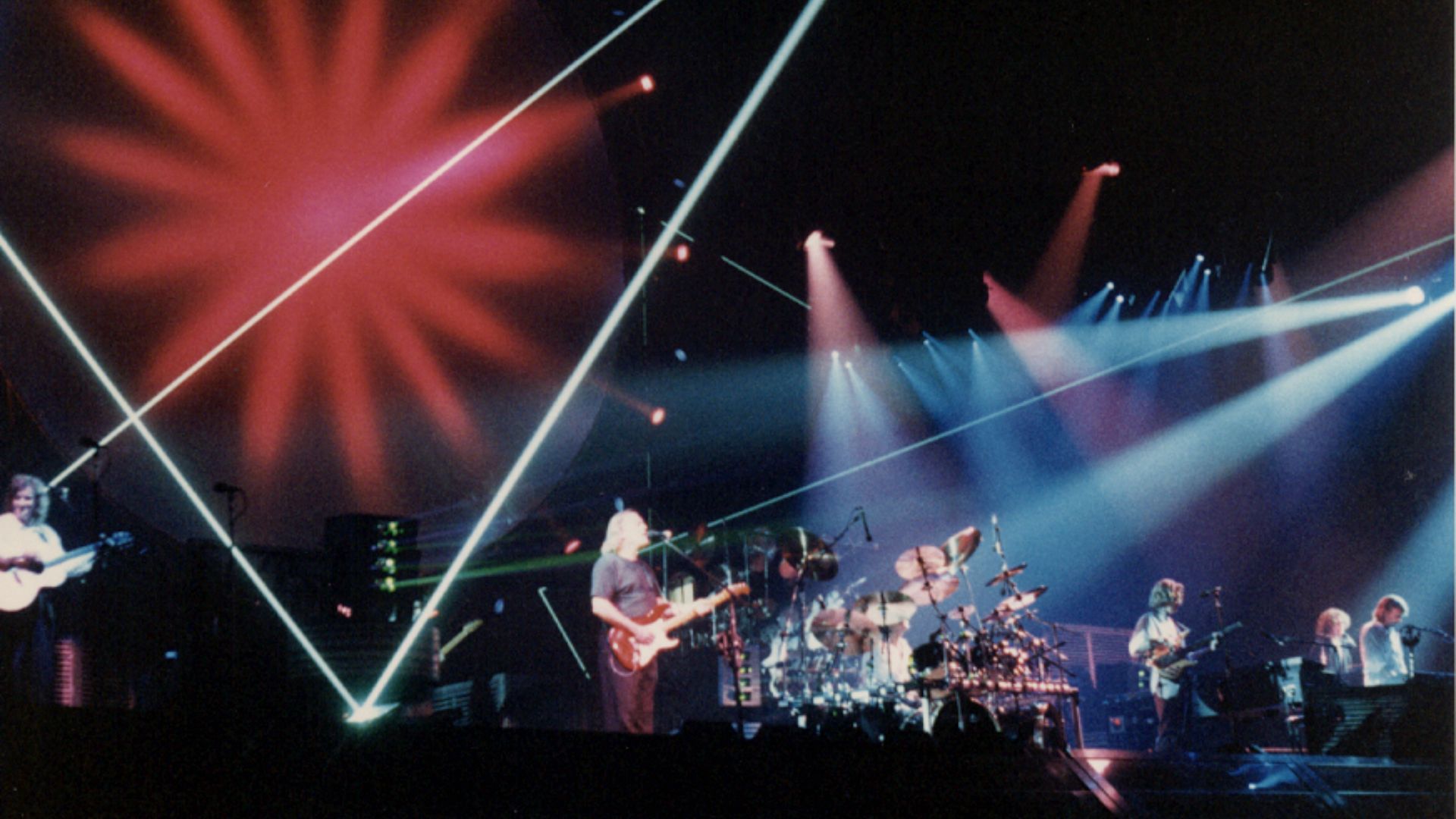 Paul Carless, Wikimedia Commons
Paul Carless, Wikimedia Commons
Live Shows: Chaos and Energy (Winner: Led Zeppelin)
Those 1973 Madison Square Garden shows were so intense the film crew could barely follow the band. Fans described Zeppelin concerts as “getting hit by weather.” Floyd was precise; Zeppelin was a storm. And storms win energy.
 Jim Summaria, http://www.jimsummariaphoto.com/, Wikimedia Commons
Jim Summaria, http://www.jimsummariaphoto.com/, Wikimedia Commons
“Play It for Someone Who’s Never Heard Rock” Test (Winner: Led Zeppelin)
If an alien asked what rock music is, you wouldn’t hand them The Final Cut. You’d hand them Led Zeppelin II. It’s riffs, rhythm, soul, volume, swagger—the whole blueprint. Zeppelin is rock’s purest definition. They win the “show them the genre” category.
Cultural Influence: Ideas vs. Attitude (Winner: Split Decision)
Pink Floyd influenced introspective musicians—Radiohead, Tame Impala, Porcupine Tree. Zeppelin influenced swagger, volume, confidence, and stage presence. Floyd shaped minds; Zeppelin shaped behavior. Declaring a single winner isn’t possible.
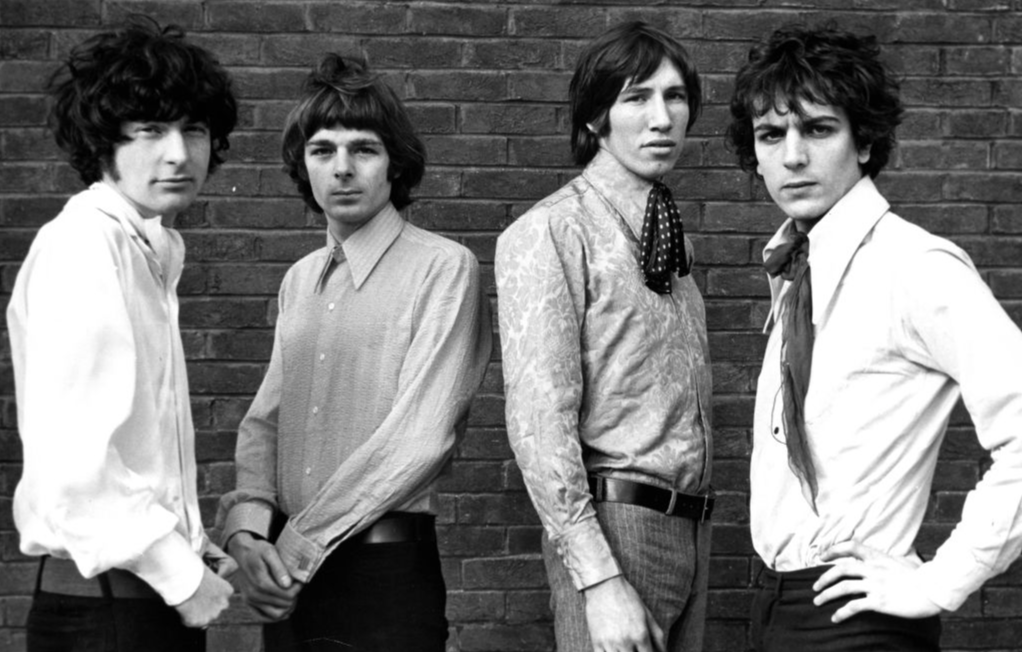 Michael Ochs Archives, Getty Images
Michael Ochs Archives, Getty Images
Album Longevity and Timelessness (Winner: Pink Floyd)
The Dark Side of the Moon still charts. Wish You Were Here still resonates widely. The Wall still sparks classroom debates. Zeppelin’s early blues edges can feel dated to new listeners. Floyd’s catalog feels permanently now. Longevity trophy: Floyd.
Influence on Rock’s DNA (Winner: Led Zeppelin)
Page’s riffs. Bonham’s punch. Plant’s wails. Jones’ quiet brilliance. This is rock’s molecular structure. Remove Zeppelin and modern rock collapses like a rickety drum riser. Floyd influenced vibe; Zeppelin influenced architecture. Zeppelin wins DNA.
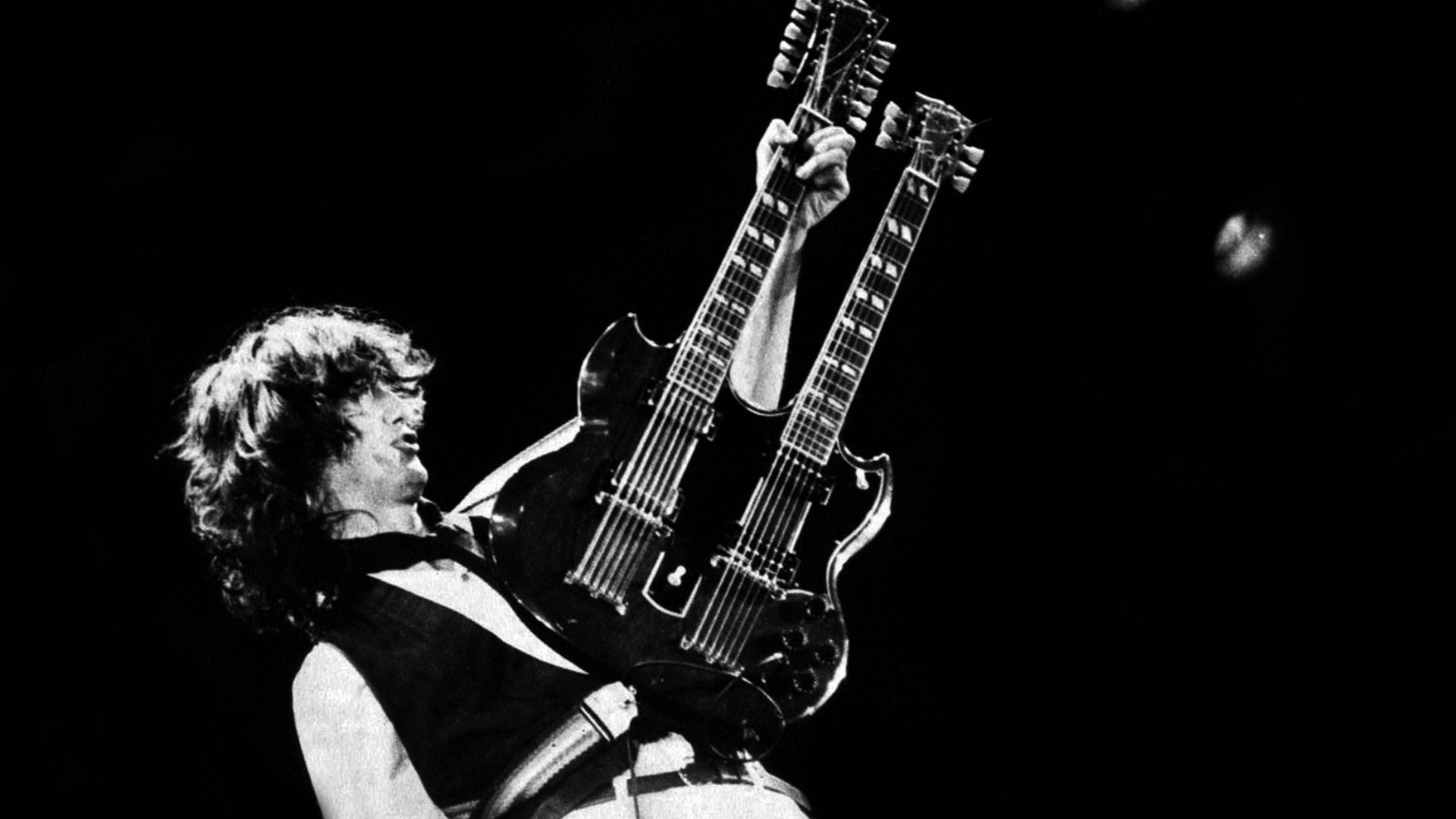 Andrew Smith, Wikimedia Commons
Andrew Smith, Wikimedia Commons
Guitar Tone Legacy (Winner: Pink Floyd)
Gilmour’s tone is so smooth and expressive it might need an FDA warning. Guitarists with delay pedals everywhere chase his sustain. Page had magic, but Gilmour had a signature sound instantly recognizable. Tone legacy goes to Floyd.
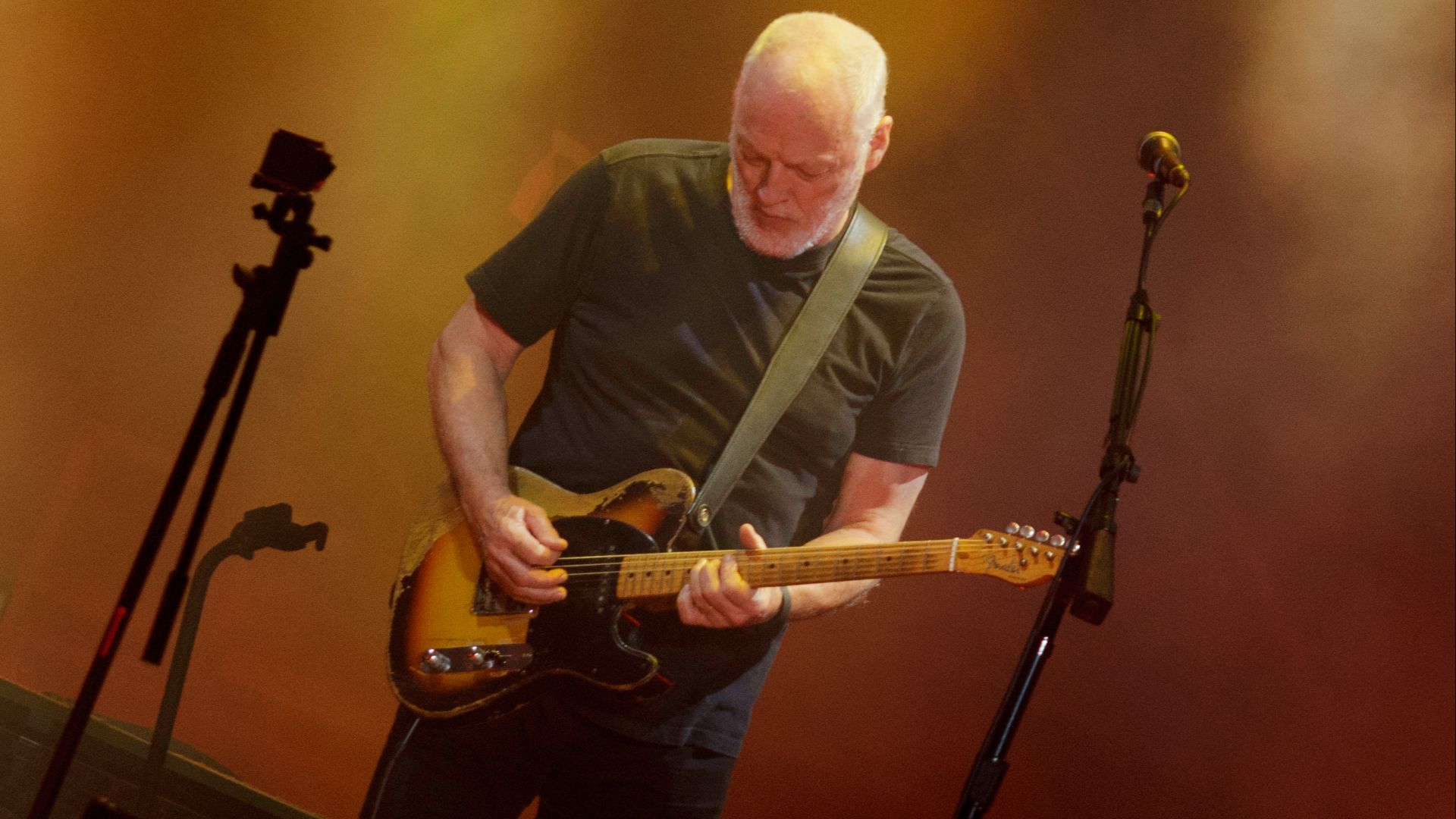 Jimmy Baikovicius from Montevideo, Uruguay, Wikimedia Commons
Jimmy Baikovicius from Montevideo, Uruguay, Wikimedia Commons
Rhythm Section Versatility (Winner: Led Zeppelin)
John Paul Jones could pick up any instrument and play it better than most people alive. His work on Ramble On and No Quarter is proof. Floyd’s rhythm section supported mood; Zeppelin’s expanded universes. Zeppelin wins versatility.
 Jeff Turner from Raleigh, NC, Wikimedia Commons
Jeff Turner from Raleigh, NC, Wikimedia Commons
Album Sales Dominance (Winner: Pink Floyd)
The Dark Side of the Moon, The Wall, and Wish You Were Here sold well over 100 million combined. Zeppelin sold big numbers too, but Floyd’s totals are astronomical. Sales victory belongs to Floyd.
Songwriting Breadth (Winner: Led Zeppelin)
Zeppelin wrote everything: acoustic ballads, proto-metal crushers, blues storms, psychedelic wanderings, funk grooves. Floyd’s palette was deep but narrower. Zeppelin’s catalog feels like an entire festival lineup. Zeppelin wins this category.
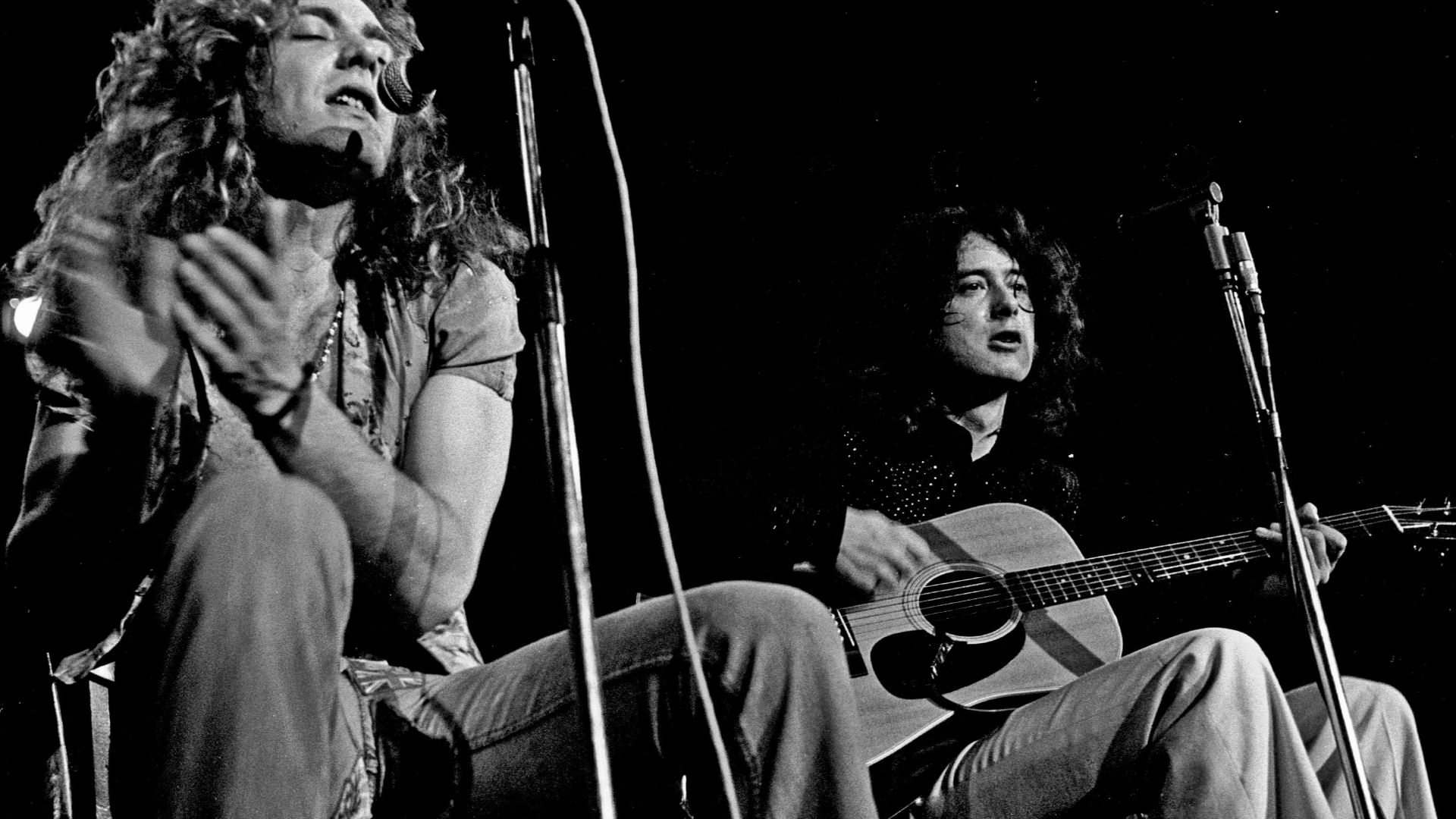 Heinrich Klaffs, Wikimedia Commons
Heinrich Klaffs, Wikimedia Commons
Philosophical and Cultural Impact (Winner: Pink Floyd)
The Wall still gets analyzed in academic circles. Waters’ commentary on war, greed, and control remains painfully relevant. Zeppelin never aimed for this lane. Cultural and philosophical impact unquestionably goes to Floyd.
Rock Mythology and Icon Status (Winner: Led Zeppelin)
Zeppelin didn’t just get popular—they became myth. Plant’s mane, Page’s mystique, Bonham’s power… this is the rock-god template. Floyd were geniuses; Zeppelin were legends. Mythology crown: Zeppelin.
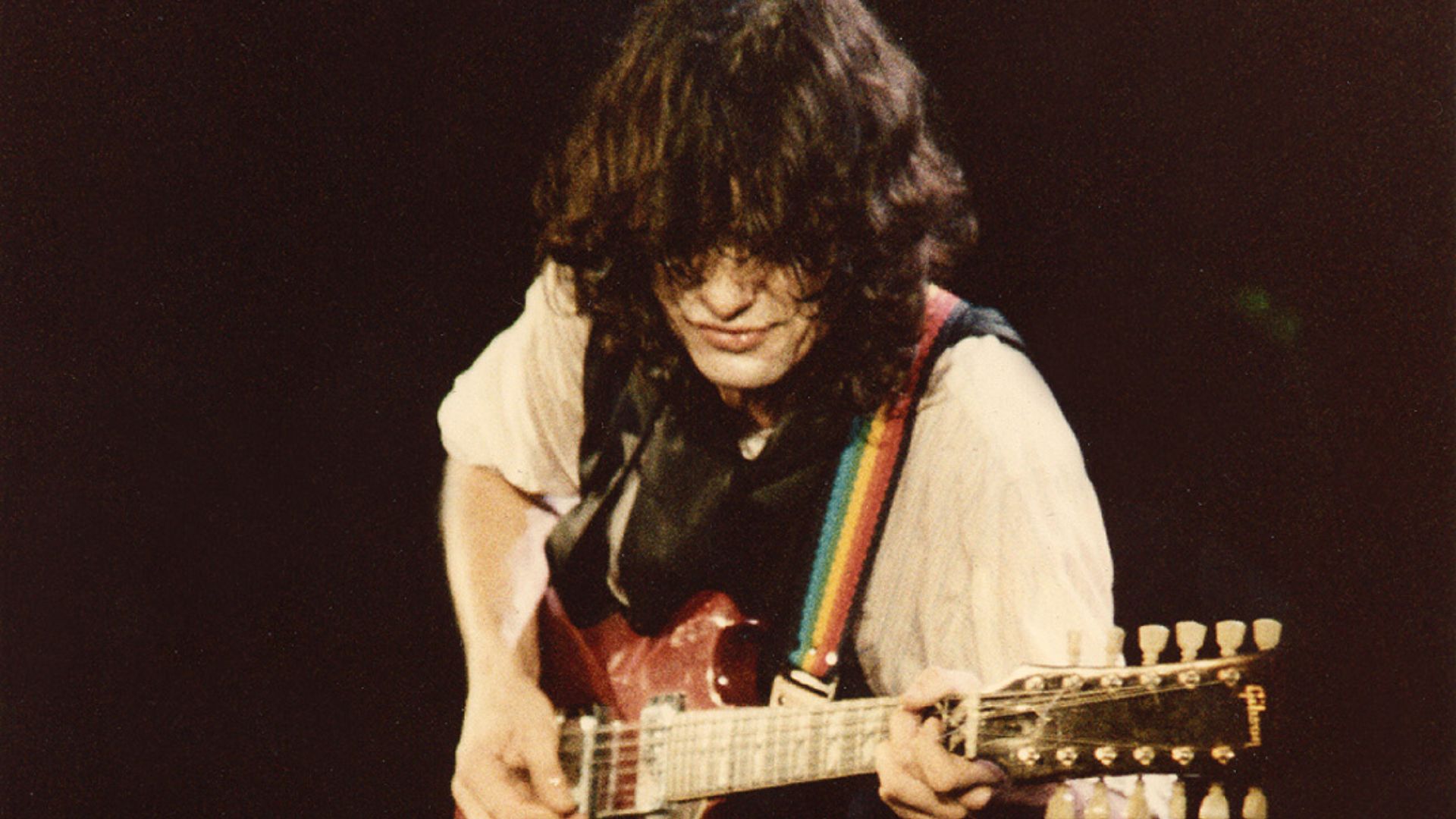 Dana Wullenwaber, Wikimedia Commons
Dana Wullenwaber, Wikimedia Commons
Final Verdict: Who Is the Greatest Rock Band Ever? (Winner: Led Zeppelin)
Pink Floyd wins on emotion, atmosphere, innovation, and existential depth. But Led Zeppelin shaped the very architecture of rock’s sound, swagger, and identity. Forced to choose one all-time champion? The crown goes to Led Zeppelin. Floyd rewired the mind. Zeppelin rewrote the genre.
 Unknown authorUnknown author, Wikimedia Commons
Unknown authorUnknown author, Wikimedia Commons
You Might Also Like:
Live Performances That Became Unforgettable For All The Wrong Reasons
The Best Concept Albums In Music History


